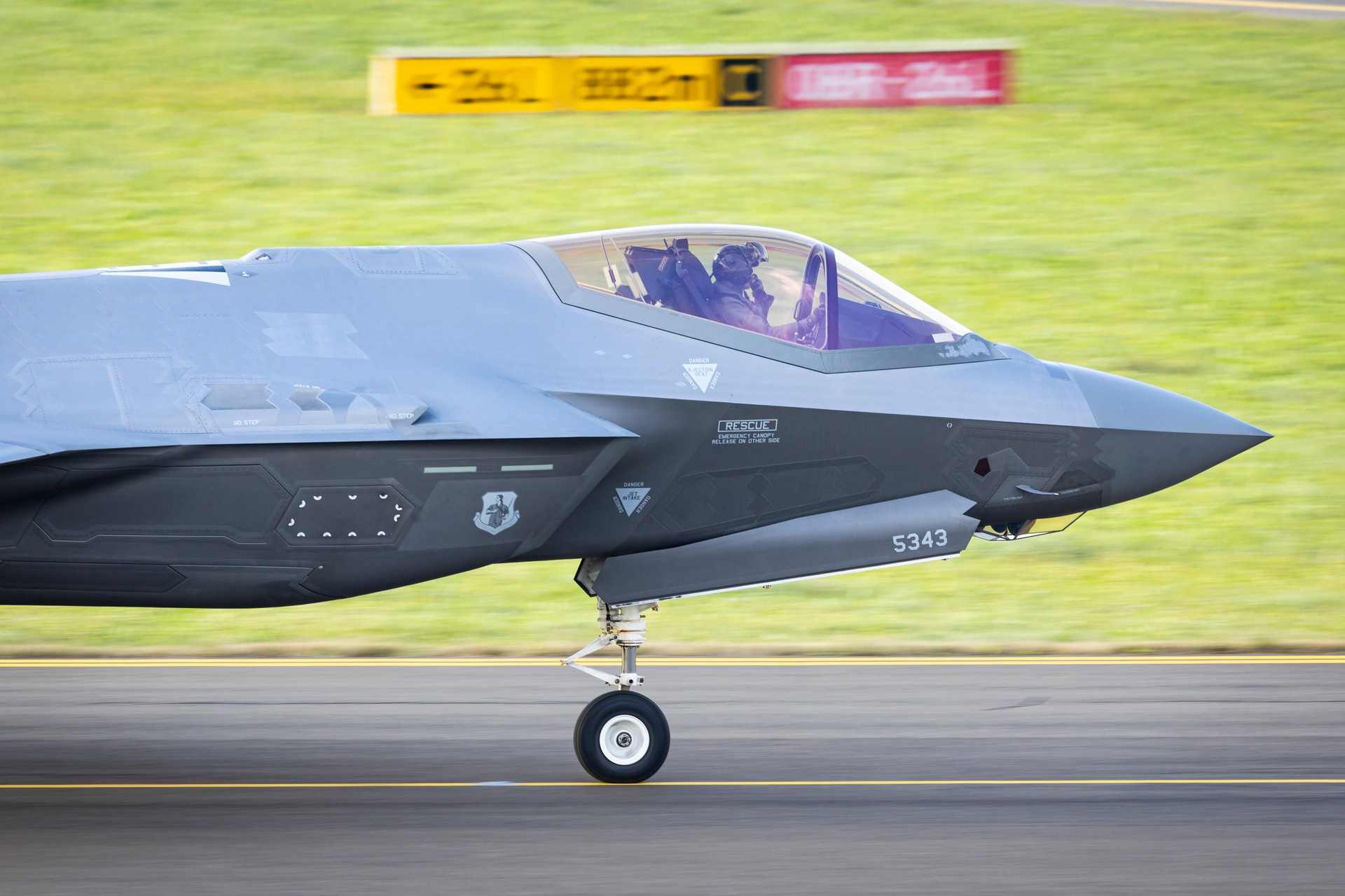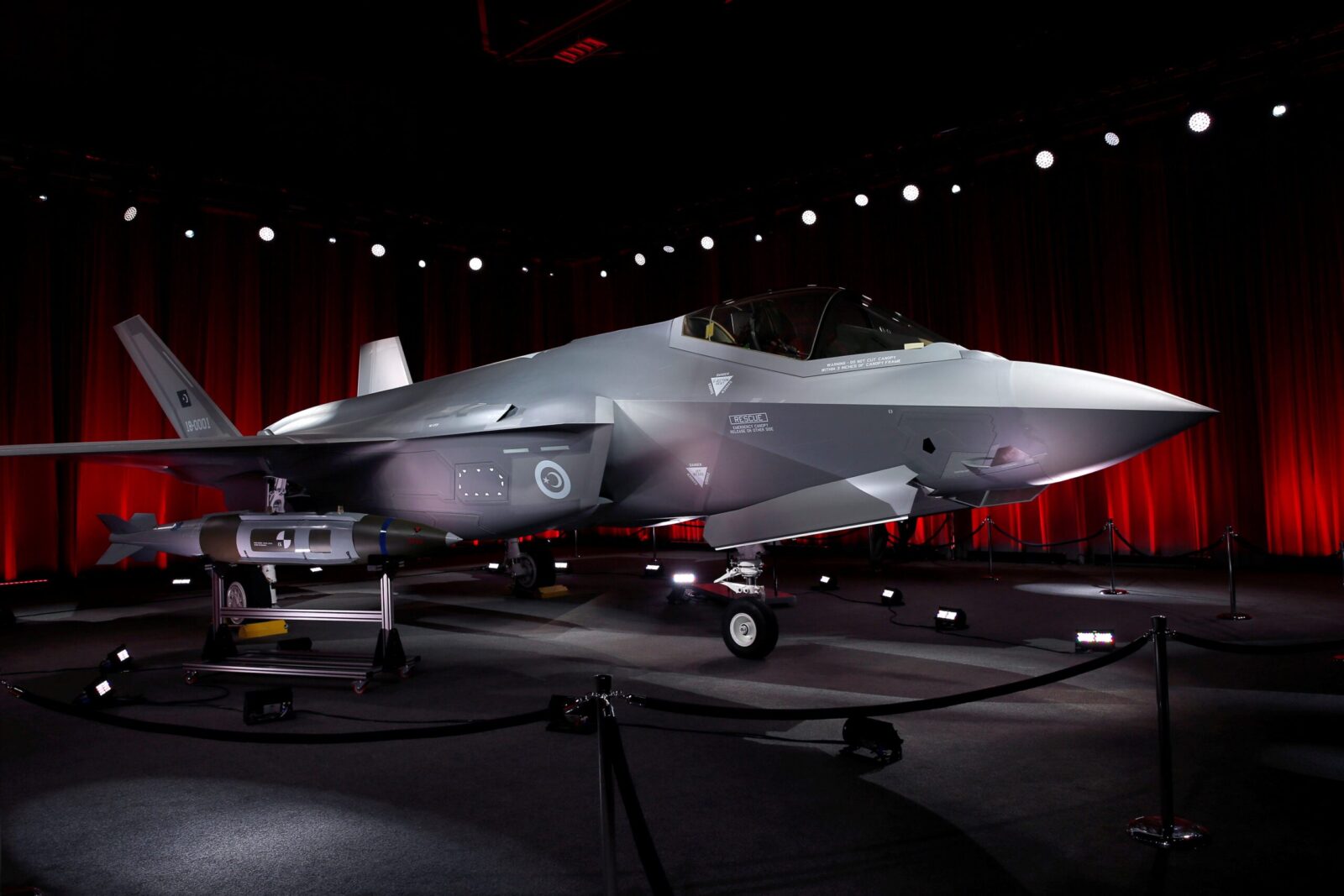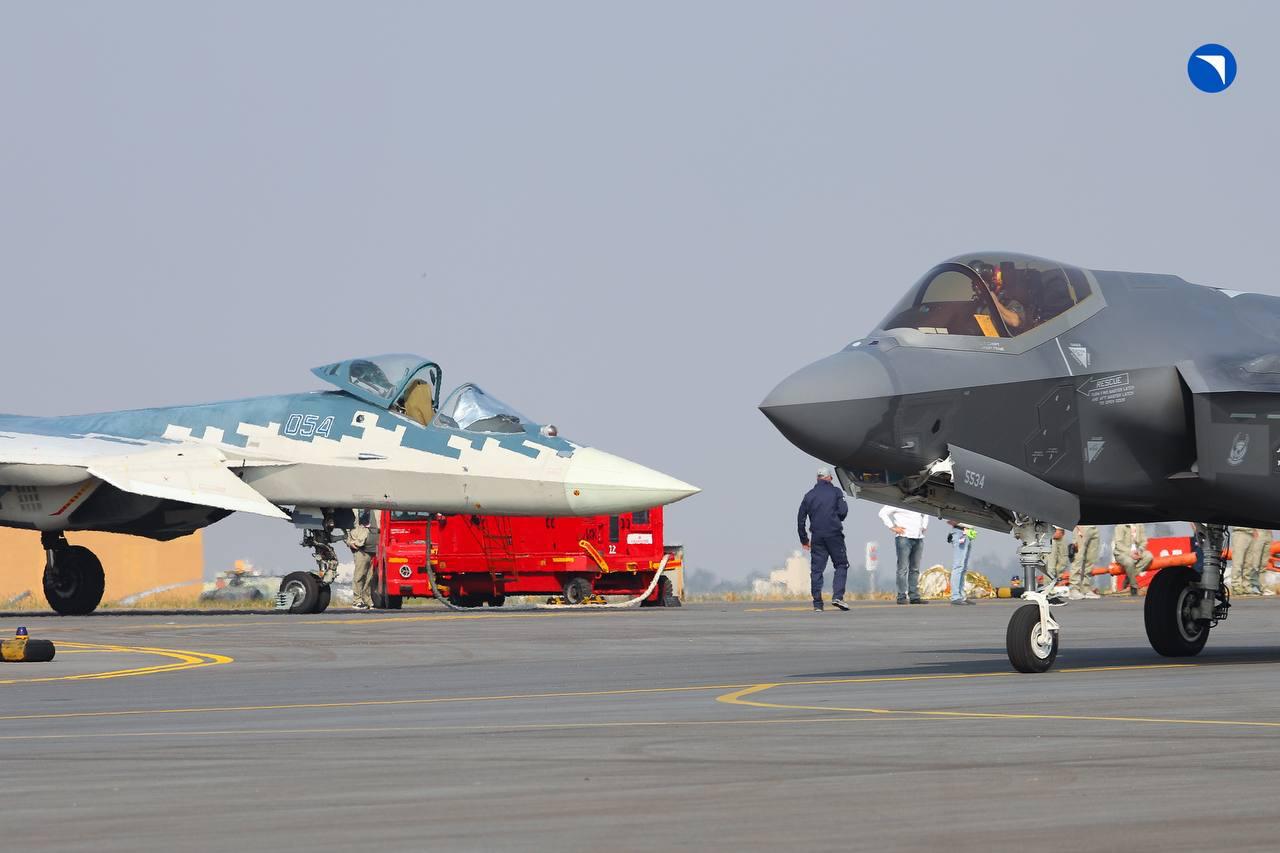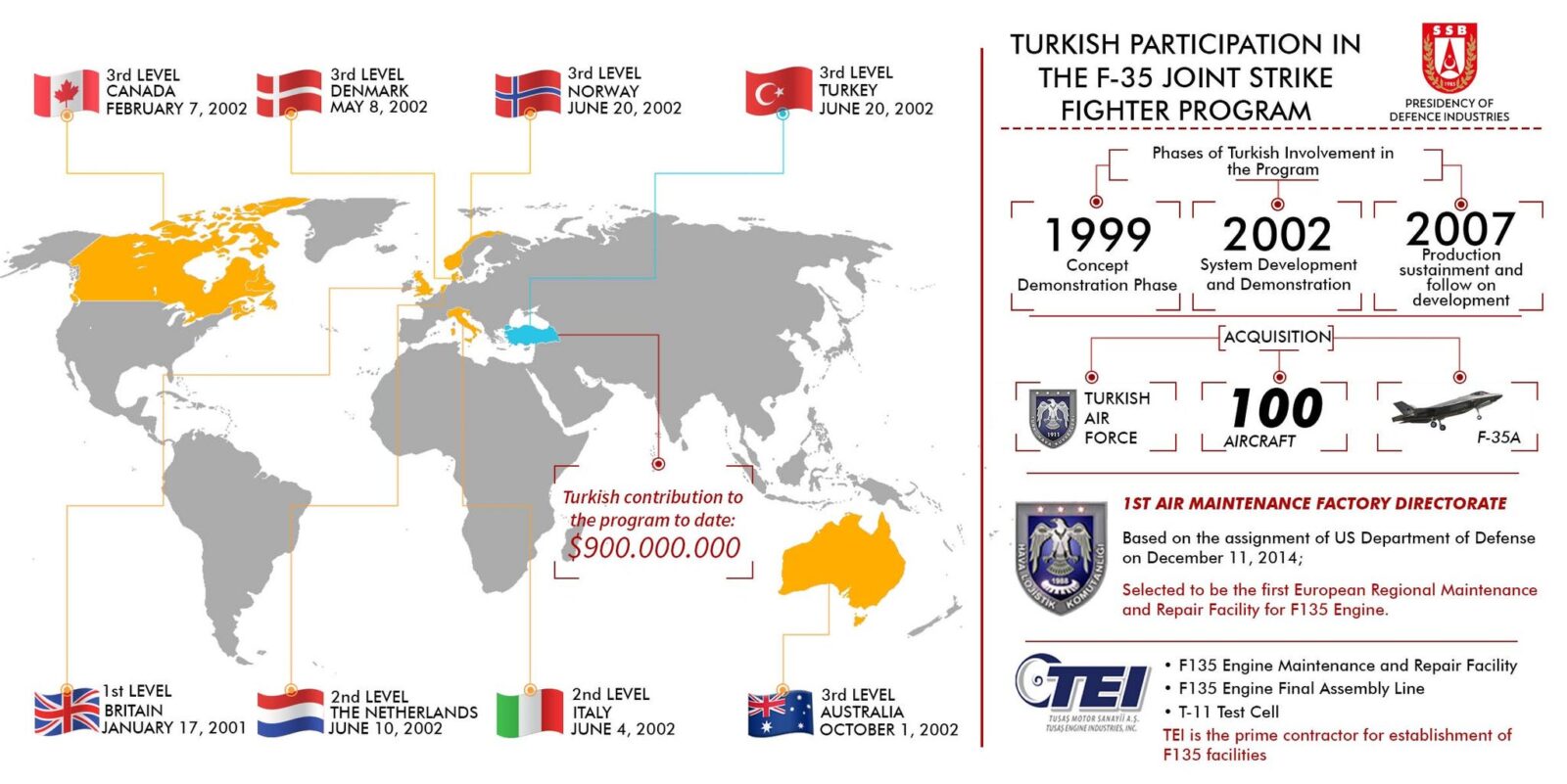
The Jewish Institute for National Security of America (JINSA) released a report opposing Türkiye's potential reentry into the F-35 Joint Strike Fighter program, calling on the Trump administration to block any related efforts unless a set of strict conditions is met.
The report, titled "Flight Risk: Turkey and the F-35", argues that Türkiye's acquisition of the Russian S-400 air and missile defense system in 2019—which led to its removal from the program—remains a serious obstacle to its participation.
"The United States must carefully consider whether Turkey, a rising, and potentially threatening, regional power led by the authoritarian, pro-Hamas, neo-Ottoman President Recep Tayyip Erdogan, can be trusted with this advanced jet," the report states. "We fear that it cannot."

JINSA's report highlights repeated points of divergence between Turkish foreign policy and U.S. strategic interests, including alleged threats against U.S. troops and partners, and Türkiye's stance toward Israel and Hamas.
"Too often has Ankara threatened to use force against U.S. partners—not to mention, on occasion, U.S. troops," the authors write.
The report also alleges that if Türkiye receives the aircraft, "important components could be stolen," suggesting concerns about technological security.

While acknowledging that the Trump administration is reportedly "favorably disposed" to Türkiye's request, JINSA recommends a conditional approach.
Among the proposed conditions:
"If Turkey cannot agree to these terms, it should not be granted access to this advanced American weapon," the report states.

Beyond the F-35, the report calls for legislative safeguards on broader U.S. arms sales to Türkiye. It recommends applying a version of the Arms Export Control Act to ensure that sales do not compromise Israel’s Qualitative Military Edge (QME)—a legal standard in U.S. defense exports to the Middle East.
"Regardless of whether Turkey is admitted into the F-35 program at this time … the United States must seriously consider the possibility of greater friction between these two partners," the report claims.
"In the long term, and in the face of increasing coordination between Russia, Iran, and China, having a strong Turkey as a cooperative and trustworthy partner would be highly beneficial to the United States. As such, finding ways to improve the bilateral relationship with and increase American leverage on Turkey in the long run should be an important priority for the United States.
If Washington and Ankara find a way to allow Turkey back into the F-35 program, this could play an important role in beginning to improve U.S. relations with Türkiye by removing a key irritant in the relationship and allowing the two to find areas of cooperation," the Jewish Institute for National Security of America said.

Ankara entered as a Level III participant—the same tier as Canada, Norway, Denmark, and Australia.
Türkiye's involvement in the F-35 program dates back to July 1999, when negotiations with the United States began; later in 2002, it formally joined the Joint Strike Fighter development initiative.
Key events include:
Turkish firms, including Turkish Aerospace Industries (TAI), Kale Aerospace, Alp Aviation, and Havelsan, were integrated into the F-35 supply chain, contributing to airframe parts, engine components, avionics, and training systems.
Although Türkiye remains outside the F-35 program, reports suggest Ankara continues to express interest in rejoining. JINSA's report comes at a time of evolving U.S.–Türkiye defense dynamics, as Ankara pursues alternatives such as Eurofighter Typhoons and develops its own indigenous fifth-generation fighter jet, KAAN.